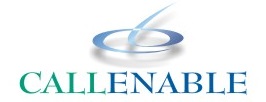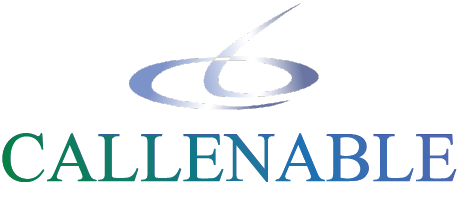Overview of Training Offerings
Call Centres require interactive dependencies of key performance factors within people, process, and technology. Call Centres are your front line contact with you customer- sometimes daily.
Our offerings include agent training for call/contact centers involved in order entry, customer service, technical support, Help Desks, and e-Business operations. Our Training Development and Delivery are not stand alone processes. Process Mapping is an integral part of the our time tested approach and the Training Program and Quality Development. All of our training is conducted on-site by experienced senior staff.
We offer customized training programs that we design, develop, and pilot for agent staff.



